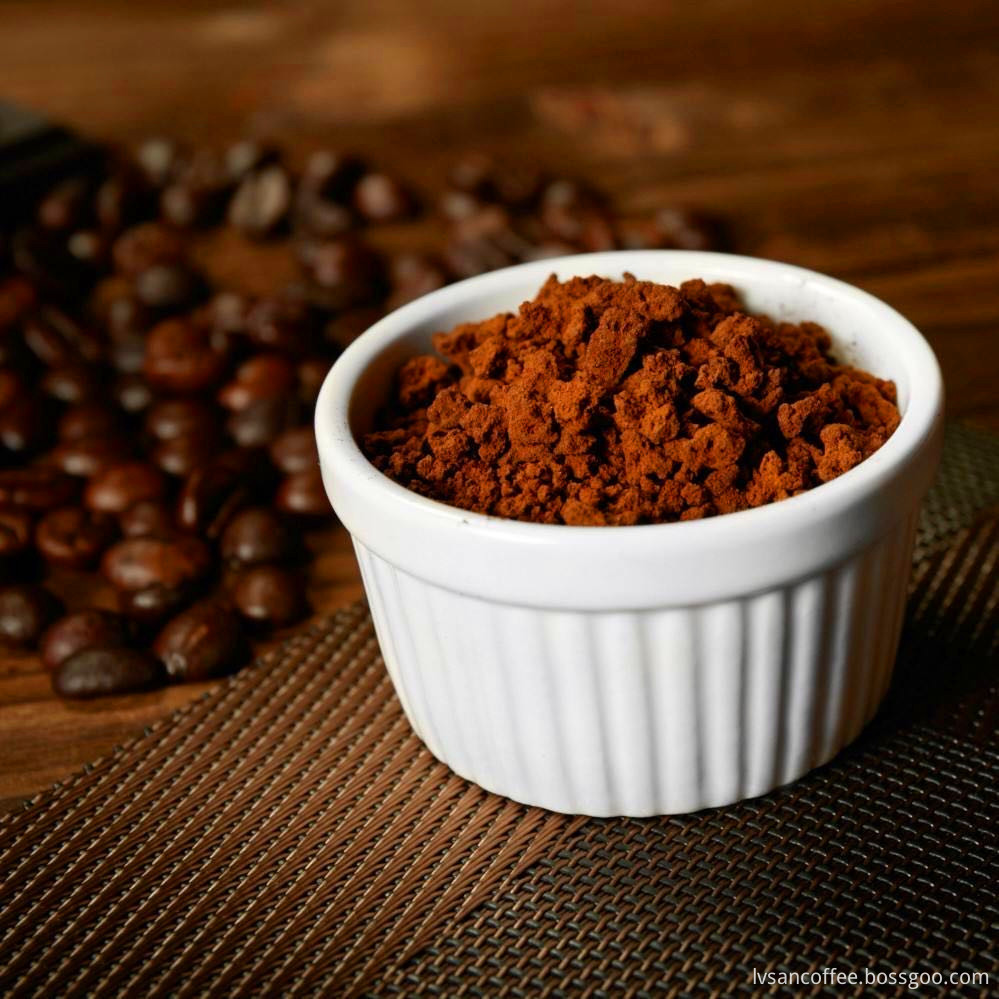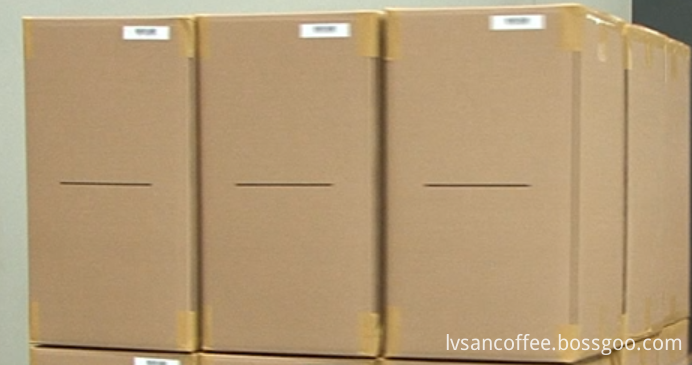Glassware is very common in the laboratory and is used in large quantities. This article aims to explore how to clean and maintain glassware.
Soda lime (soda-calcium) glass is a kind of softer glass, which should not be used in the laboratory, because this glass does not endure the temperature and pressure changes like borosilicate glass, and should not be sterilized by autoclave at high temperature. Most bottles are made from soda lime glass. When discussing borosilicate glass, do not confuse it with the destruction of soda lime glass during cleaning or autoclaving.
Processing of new glass instruments
The new glass instrument is usually a little alkaline. After checking the sealing and cracking of the glass instrument, it is washed with warm soapy water, then immersed in 1% hydrochloric acid or nitric acid solution for a short time, and then clean the glass instrument again. Rinse thoroughly with distilled water.
Why is the glass instrument bad?
Laboratory glass breaks during normal use, usually as a result of debris, abrasion or scratches, or with rapid changes in temperature or pressure with the glass itself. Once you have your laboratory glassware, check it carefully before use, and use a glass instrument to observe cracks or cracks in natural light. Even very small cracks can cause cracking of the glass at high temperatures or high pressures.
- The bumpy glass instrument is placed against any object (such as other glass instruments, poolsides, tables, etc.) to avoid small cracks or cracks in the glass instrument.
- Do not immerse the glass instrument in a strong alkaline solution for a long time to avoid damage to the glass instrument.
Clear glass instrument washing tips
Laboratory glass equipment should not have chemical and grease residues. According to the experimental needs, glass instruments may need to be disinfected. Here are some tips for cleaning:
- Use a soft brush to avoid unnecessary bursts.
- It is absolutely impossible to clean the glass instrument with hydrofluoric acid. In other applications, hydrofluoric acid is used as a rust remover, a metal cleaner, a glass etchant and a metal plating compound, which is a highly corrosive compound.
- Never use a strong acid or alkali to clean the glass instrument.
- The standard borosilicate glass can be autoclaved. If you want to autoclave the glass instrument, the pressure channel of the pressure cooker should be smooth, let it cool slowly, usually autoclaved to 230-240 degrees. The autoclaving temperature can reach 400 degrees in a short time (very special application).
- Ashed glass will shorten the life of your glass instrument in mechanical furnaces over 500 degrees.
- In order to determine that the glass container is completely wettable (especially important in accurate liquid measurement), it was confirmed that distilled water can equally wet all surfaces.
- Clean the glass instrument immediately after removing any residue. If it cannot be cleaned immediately, soak it.
- Never use a wire brush to clean the glass instrument.
- Alconox is currently the best glass cleaner on the market, however non-scrub soap can also be used for cleaning.
- Always rinse unused glassware with water and then soak in distilled water.
- Cidex is also a good disinfectant.
- Boil in a weak sodium carbonate solution to remove grease from the glass, or remove with acetone and rinse with water.
- For glass instruments, ultrasonic cleaning is also a good choice, especially when combined with mild cleaning agent heating.
Drying of glassware
A 100-degree drying oven is the best choice, and drying is also a good method.
Steam autoclave of glassware
High-pressure disinfection of borosilicate glass instruments for 15-20 minutes at 100-120 °C. When cleaning at high temperature, try to remove the tight loops, clips and buckles. If it is impossible to remove these things, at least relax or unscrew them to avoid pressure explosion. .
100%Robusta Instant Coffee:3IN1 Coffee and milk tea has mellow stranger flavor;
1. Special large package for industrial raw material sales;
2. 100% pure coffee;
3. Good instant solubility;
4. Unique aromatic oil recovery device to maintain the flavor of coffee to the greatest extent;
5. Stable raw material origin and long-term supply


Agglomerated Instant Coffee
Instant Cold Coffee,Good Instant Coffee,,Agglomerated Instant Coffee,Caramel Flavored Coffee
Yunnan New Biology Culture Co,.Ltd , https://www.lvsancoffee.com

